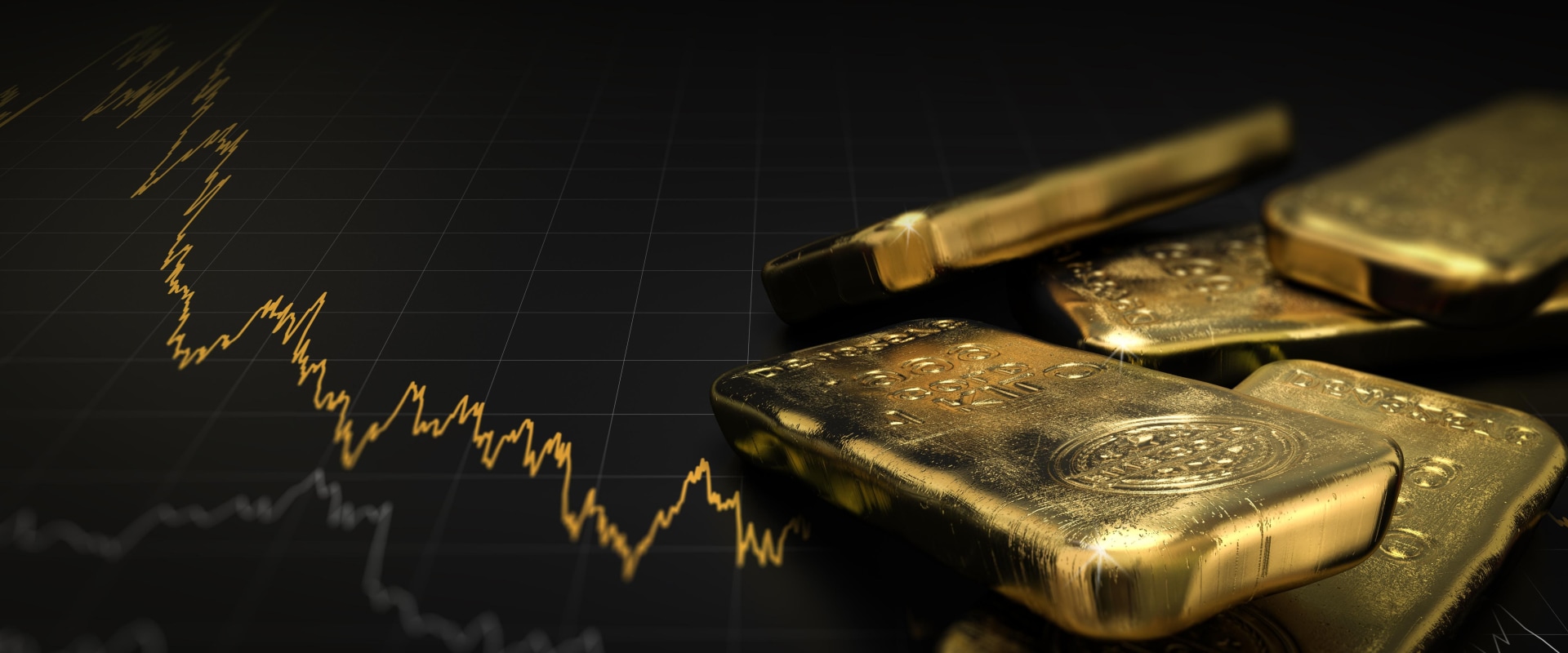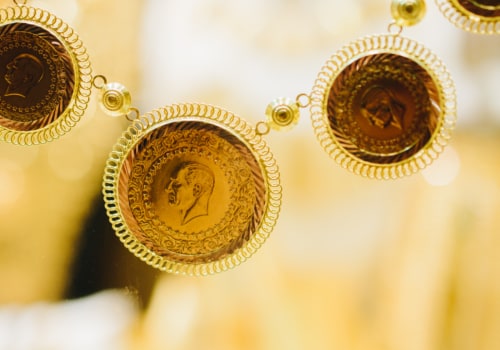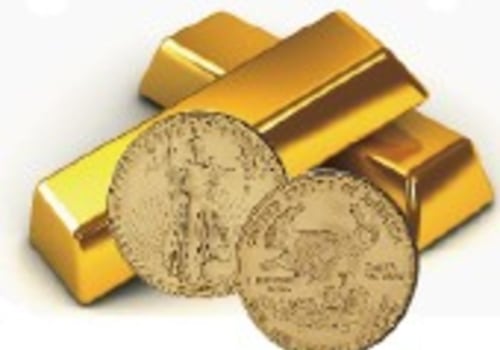Paper gold is a term used to describe investing in exchange-traded funds (ETFs) that invest in gold or gold futures and options. It is one of the two most common ways to accumulate gold. Physical gold and paper gold can be very different types of investments. While physical gold will rise and fall in value in the gold market, you will pay margins or commissions to dealers both when entering and exiting your positions.
You may be able to avoid those costs with paper gold, but you'll still pay annual expenses and there's no guarantee that your fund will follow the price of gold as closely as physical gold, even if it's a pure bullion fund. On the other hand, paper gold is the term applied to investments that cover exchange traded funds or gold ETFs. If you're familiar with how mutual funds work, gold ETFs won't blow your mind. Basically, your fund buys a certain amount of gold and issues shares of that fund.
In theory, the value of your shares will keep pace with the price of gold and, as a result, will rise and fall. Just as physical gold is not tied to a government or financial system, neither is the ownership of physical gold. Storage, costs, fees, and maintenance are things you'll want to consider and research before investing in any type of gold. And while other investments and fiat currencies have come and gone, physical gold is still highly valued, even after thousands of years.
While physical gold maintains its value and is easily liquidated, bought and sold, paper gold is the victim of increasing oversight and regulatory requirements, as well as counterparty risks and potential collapse. Avoid gold traders who are too aggressive or who try to sell you investments that you don't need or don't want. In contrast, paper gold in and of itself has no intrinsic value, since its value depends on the issuer and the conditions of issuance, not necessarily just on the underlying gold. Because paper gold comes in the form of mutual funds, ETFs, or even gold mining stocks, you can usually buy it on the open market, preferably through a broker with no fees.
In general, physical gold may offer a different level of protection than paper gold for your portfolio. If the costs or difficulties involved in physical or paper gold don't influence you in one way or another, many people find ways to allow their investment portfolio to include both. During uncertainties caused by financial or political turmoil, many financial institutions that act as counterparties to gold paper will be negatively affected, which will have a ripple effect on the value of gold paper. While the advantages of paper gold are solid, there are also some drawbacks to owning it instead of physical gold.
In fact, by keeping physical gold as a reserve asset, central banks can stabilize their fiat currencies in a way that isn't possible with paper gold. Investing in paper or physical gold can be an excellent way to diversify your portfolio and protect yourself from economic downturns. However, it's important to understand the differences between these two types of investments before making any decisions. Request your free information kit to learn everything you need to know about buying precious metals including physical gold.
Make sure to do your research before investing in any type of gold, so you can make an informed decision about what's best for your financial future.







